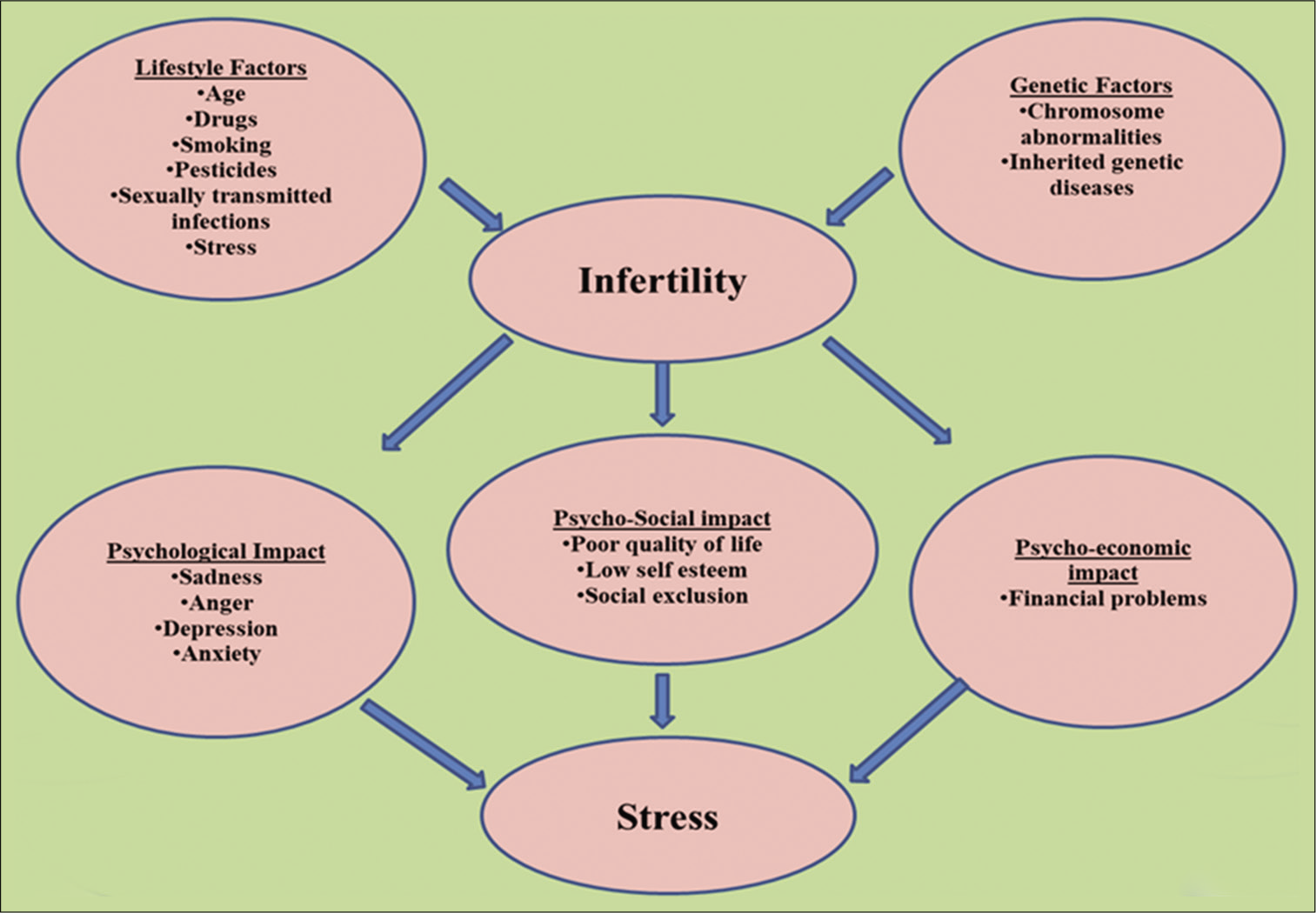Infertility is a significant issue affecting millions of couples worldwide, and its psychological impact can be profound. The inability to conceive after 12 months of regular, unprotected intercourse is not just a medical condition; it often leads to a cascade of emotional and psychological challenges that can affect individuals and couples deeply.
Psychological Stress Associated with Infertility
The diagnosis of infertility can trigger intense emotional responses. Couples may experience feelings of anger, sadness, shame, or grief as they confront the reality of their situation. This emotional turmoil is compounded by societal pressures and expectations surrounding parenthood. Many individuals feel isolated or stigmatized, particularly when surrounded by friends or family members who have children. The American Psychiatric Association (APA) highlights that the psychological impact of being unable to conceive represents a significant life crisis for many.
Anxiety and Depression in Infertile Individuals
Research indicates a strong correlation between infertility and mental health issues such as anxiety and depression. Studies show that up to 40% of women experiencing infertility may have a psychiatric diagnosis, most commonly related to anxiety or depression. The stress associated with infertility treatments—such as in vitro fertilization (IVF)—can exacerbate these conditions. Both men and women undergoing fertility treatments report higher levels of anxiety and depression compared to the general population, although women tend to report greater psychological distress.
Infertility can also be viewed through the lens of grief. Many individuals undergoing fertility treatments experience repeated cycles of hope followed by disappointment when treatments fail. This nonlinear grieving process complicates their emotional landscape, making it difficult for them to navigate their feelings effectively. Psychotherapist Beth Jaeger-Skigen notes that all people experiencing infertility are essentially grieving parents, even if they have not yet conceived.
Impact of Treatment on Mental Health
The medications used in fertility treatments can further influence mood and contribute to symptoms such as anxiety and irritability. The invasive nature of these treatments—alongside the high rates of failure—can lead to increased emotional distress. As patients endure numerous examinations, tests, and procedures over extended periods without success, their mental health may deteriorate further.
The Importance of Psychological Support
Given the significant psychological toll that infertility takes on individuals and couples, seeking mental health support is crucial. Psychotherapy or counseling specifically tailored for those dealing with infertility can help alleviate some stress associated with treatment processes. Unfortunately, despite the evident need for support, many individuals do not seek psychiatric help; studies indicate that less than 7% pursue care.
In summary, infertility is not solely a physical challenge but also a profound psychological burden that requires attention and care from both medical professionals and mental health specialists.





















0 Comments